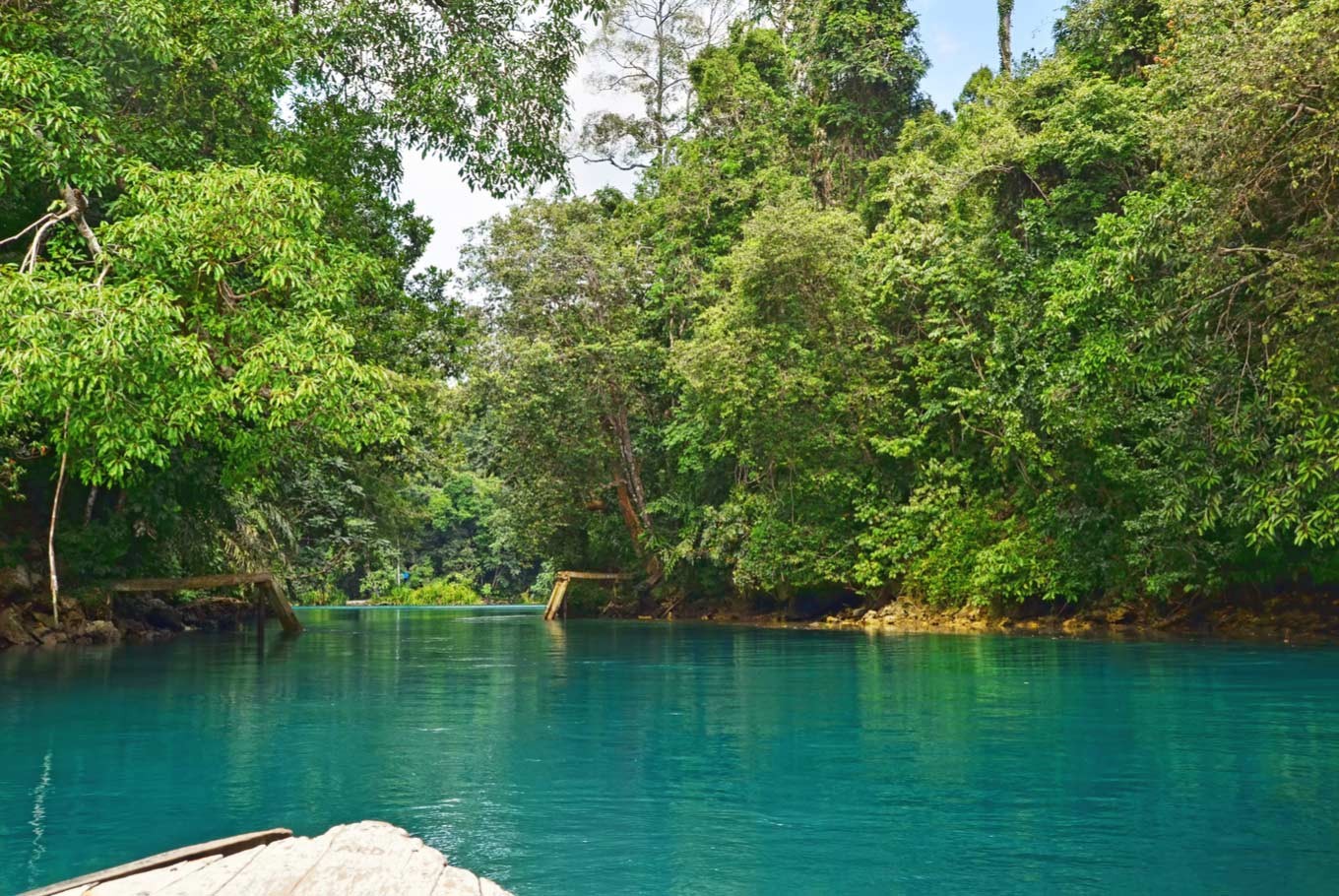Popular Reads
Top Results
Can't find what you're looking for?
View all search resultsPopular Reads
Top Results
Can't find what you're looking for?
View all search resultsTropical forest to the rescue
In the tropics, intact forests hold 40 percent of the aboveground forest carbon.
Change text size
Gift Premium Articles
to Anyone
A
s the world confronts new types of challenges, the fight against climate change appears to have taken a backseat. Countries in Europe may continue to show commitment to dealing with the warming of the planet, but as immigration-related problems keep creating internal turmoil that threatens the political establishment, it is difficult to expect progress in dealing with climate change.
With United States President Donald Trump pulling the US out of the Paris Climate Agreement, the last thing the world expects from the US is leadership on climate issues.
Even without all the problems, the world will likely face difficulties meeting the target set in Paris in 2015. Experts have estimated the cumulative mitigation efforts under the Nationally Determined Contribution (NDC) will still result in a temperature increase of between 2.5 and 3 degrees centigrade by the year 2100. If we don’t do something radical, we are toast, literally.
This is where the tropical rainforest comes in. The science is undisputed that the world’s remaining forest is the key to significantly slowing down the planet’s warming.
In the tropics, intact forests hold 40 percent of the aboveground forest carbon. In South America, intact forests absorb enough carbon to offset many Amazon countries’ total emissions. Between 2000 and 2017, emissions from land use change in the forestry sector represented 24 percent of global greenhouse emissions.
If countries decide to be laggards in their efforts to stop climate change, intact forests could be the saving grace.
Unfortunately, tropical forests continue to be under threat. A Global Forest Watch report shows that in 2017 alone, tropical forests lost roughly 39 million acres of trees last year, an area roughly the size of Bangladesh. The report revealed Brazil, Colombia and the Democratic Republic of Congo (DRC) saw the worst destruction of their forests. Last year, Brazil lost at least 3 million acres of its forest, while Colombia lost 1 million, an increase of 46 percent from the previous year. The DRC, meanwhile, lost 3.6 million acres in 2017 alone.
Indonesia turns out to be a bright spot in the bleak picture. At the Oslo Tropical Forest Forum last week, Indonesia won great praise for managing to stop deforestation, and received many pledges of help from Western governments to help with reforestation and conservation efforts.
The statistics backed this claim. Primary forest loss in Indonesia’s protected peatland dropped 88 percent in 2017, to the lowest level in years. That is an impressive achievement, given our reputation as a country that relies so much on agricultural, including plantation, products.
There are also other encouraging signs that could point to a future in which Indonesia will be a leader in forest conservation. Last week, a delegation from West Papua went to Oslo to seek assistance in efforts to conserve 100 percent of intact tropical forest in the region.
The good folks from Papua, where deforestation remains a threat, have paved the way; if only others would follow suit.










